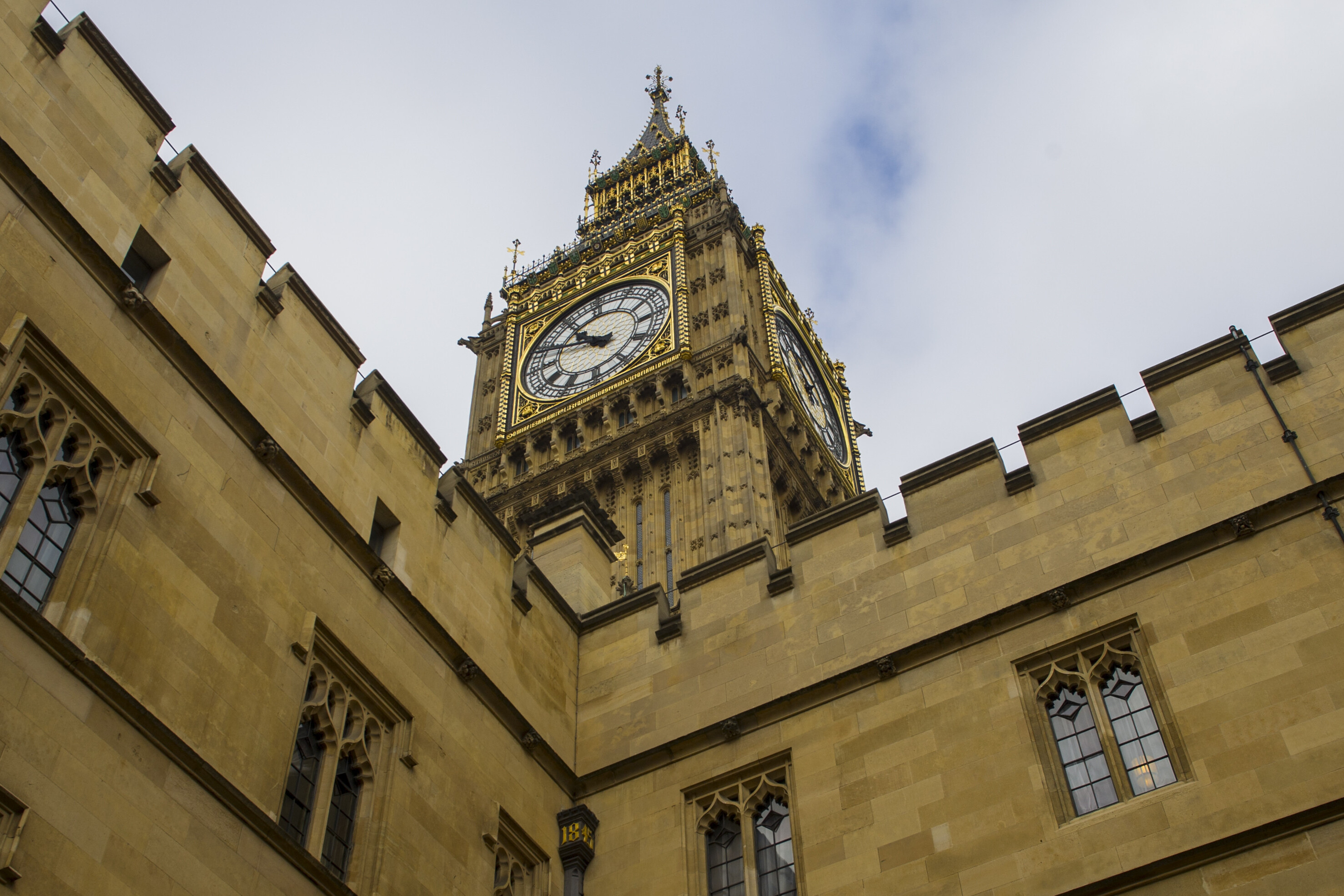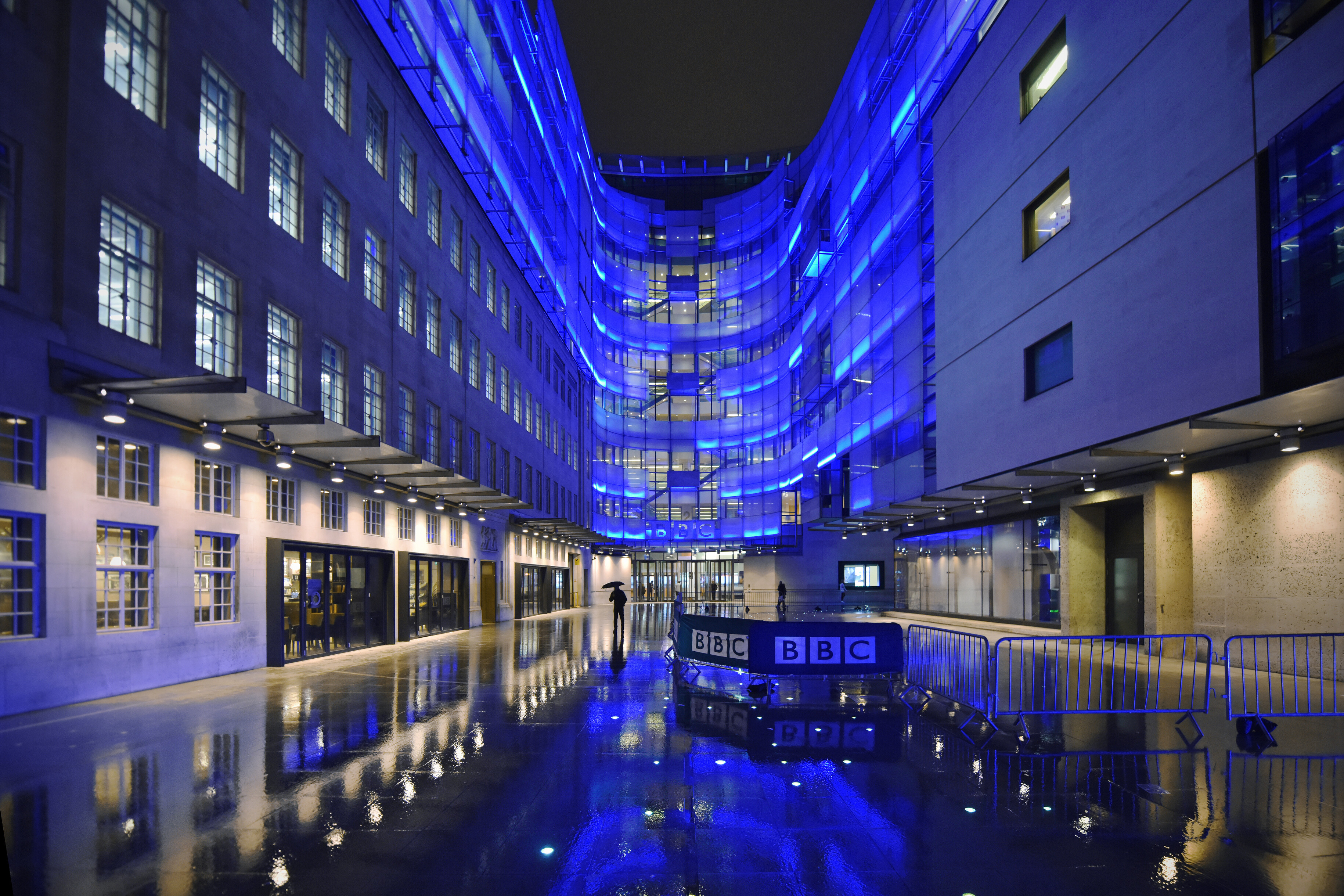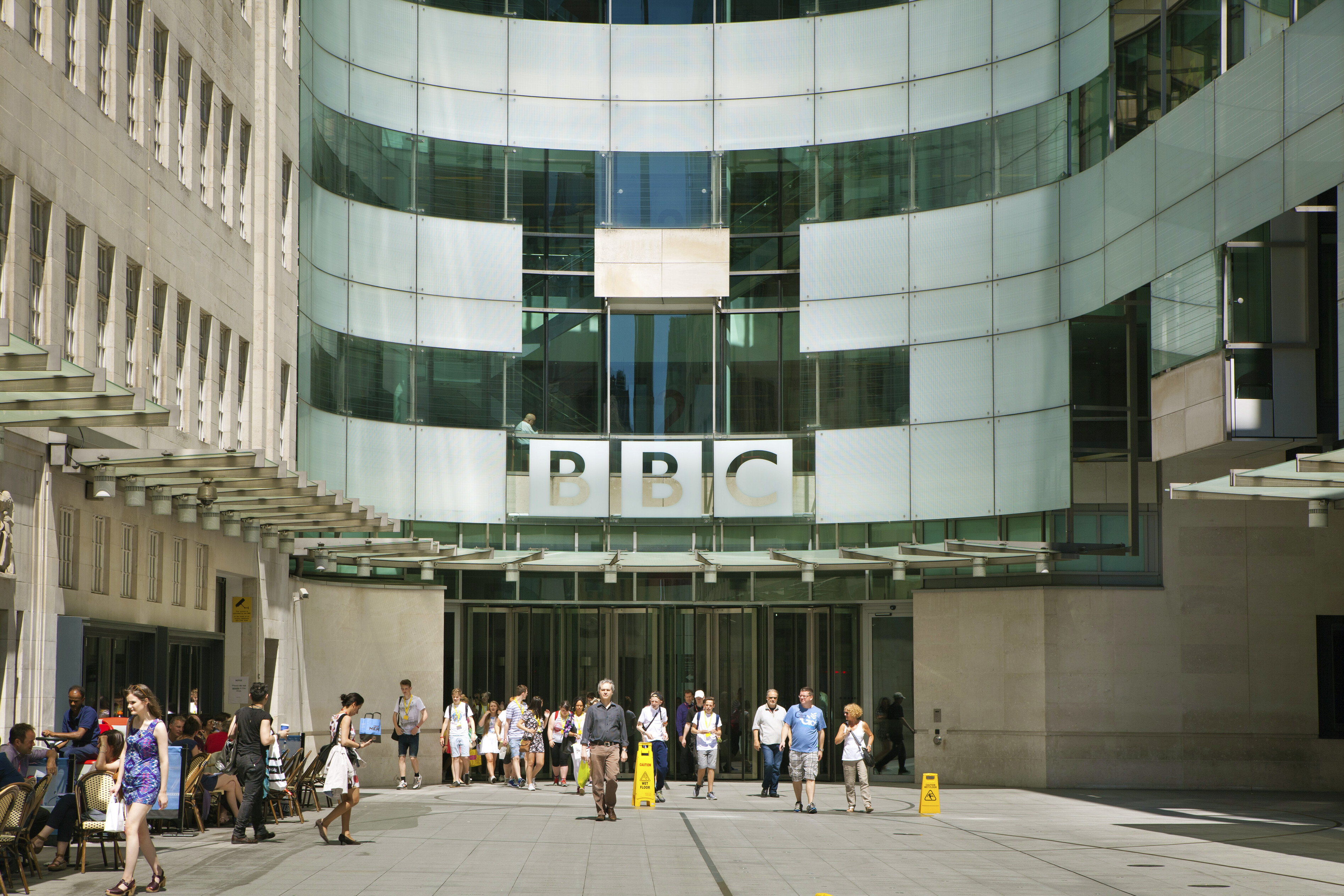By Aurora Herrera
Effective public media is crucial at times of election. Trusted, impartial analysis and reporting is paramount to ensure that the public is armed with the knowledge it needs.
The UK General Election on 12 December is being heralded as the most significant in recent history. As with any election, it will be dependent on the intention of the public. So, the degree to which they have access to clear, accurate and actionable information is of serious concern.
As such, the BBC has announced a comprehensive election coverage plan with an aim to prioritise the needs of the audience.
Francesca Unsworth, BBC Director of News and Current Affairs reiterated the BBC’s commitment to the UK public on the BBC’s blog saying, “Then as now, the BBC is the UK’s primary source for news. People turn to us for accurate and trusted journalism. We want to make all our election coverage useful, relevant, and engaging to watch, listen to or read.”
Unsworth also underscored the principles that will guide election coverage over the next few weeks, emphasising the absolute abstention from taking political sides via “covering the political parties proportionately and fairly.”
Read: The broadcast regulator Ofcom published broadcasting rules to aid with editorial decisions annual digest of past electoral and current support.
Unsworth points out that ultimately people will hear representatives on the BBC expressing points-of-view that they don’t agree with. However, this is, in theory, the practice within a democracy, where all parties should be able to communicate their plans to the public.
“Interviewing is not ‘platforming’ and reporting someone’s words isn’t an endorsement of what they’ve said,” she advised.
Extensive coverage
Real-time coverage and analysis in the lead up to the election will be available through the BBC News Channel as well as their online platforms. These resources are complimented by extended coverage of events on BBC Parliament and special programmes on BBC iPlayer.
To help ensure that representatives are running truthful campaigns – online and offline – the BBC is employing two safeguards; its fact-checking service Reality Check will be verifying claims made in the lead up to the election and Joe Tidy, the BBC’s first Digital Election Reporter, will be working with Amol Rajan, the BBC’s Media Editor, to analyse the roll out of each party’s digital campaign and how their social media relates to the election.
In terms of coverage, the BBC’s Huw Edwards will lead through-the-night coverage on the day of the election. A former political journalist in Westminister for 13 years, Unsworth describes him as a “trusted and authoritative guide” to have on December 12.
To honour the promise of reporting from “up and down the country” on election night, BBC presenters will broadcast across its most popular platforms from “key constituency locations” to bring coverage, polling updates and live results.
For the first time ever, the BBC website will be utilising a semi-automated process to produce reports on the election results for all 650 constituencies in English and Welsh. The public will also be able to keep updated by following the BBC’s special election Twitter bot @bbcelection, which will tweet every constituency result.
BBC England, BBC Scotland, BBC Wales and BBC Northern Ireland will all cater for their audiences with “bespoke election programming”.
The final week of the campaign will directly involve the audience in setting the agenda for a special day of coverage called Your Election.
Voters will also have a chance to have individual questions answered with Your Questions Answered available via TV, radio, online and social media platforms using the hashtag #BBCYourQuestions.
As Unsworth says, “It will take the combined resources of the whole of the BBC – from every corner of the United Kingdom – to do justice to this.”
As the results come in on election night, Sophie Raworth will analyse the results and voters will be able to search through BBC News Online for the results by constituency with “a postcode search, map and scoreboards.” The results will also be projected onto Old Broadcasting House.
Criticism
But the corporation has been criticised by opposition party The Liberal Democrats – among others – for its lack of proportionality in not inviting their leader to the BBC Prime Ministerial Debate on the 6 December. The debate will only include Prime Minister Boris Johnson and Labour leader Jeremy Corbyn.
Speaking to Sky News, the Liberal Democrat spokesperson, Layla Moran, said that despite the party’s size, it is the “biggest, strongest remain party fielding candidates in all parts of the UK” and should be part of the debate. It is seeking legal advice and has already issued a complaint against broadcaster ITV regarding a similar broadcast event.
In a statement, a BBC spokesperson said: “Our aim is to cover political parties fairly and proportionately during the election campaign”, explaining that a four-way and seven-way debate featuring other party leaders would also be taking place, with separate debates for youth audiences and those in Scotland, Northern Ireland and Wales.
Other criticism is expected as political parties increasingly realise the effectiveness of rallying supporters by blaming the media for negative coverage.
“Due Impartiality”
Warranted or not, such criticism is often focussed on impartiality, with accusations of uneven representation and coverage from all sides of the political spectrum. Increasingly, such criticism of the media has been employed as a tool to rally supporters.
For the BBC, the concept of “due impartiality” and balance is central to their mandate although they acknowledge that it can appear to be swayed depending on the dominant news story of the day.
Explaining the concept, Unsworth said: “That means understanding that not all issues are ‘on the one hand, on the other hand’,” she said. “We do not support ‘false balance’. We’re not trying to include voices from opposing sides in every single news report, programme or tweet. On some days one party may be in the news more than the others – for example if it launches an election manifesto or if there is some particular controversy. There is no exact mathematical formula when it comes to this. But over time achieving fair and proportionate coverage will be the standard we hold ourselves to.”
Ideally, the bottom line for any public broadcaster should be securing audience trust by providing objective and independent news and information upon which the public can form their own opinions. This also means taking into account the stories and topics voters want covered.
As the political debate becomes increasingly polarised and audiences more fragmented, the challenge for the BBC to ensure its universal reach and coverage is greater than ever before.
As Unsworth wrote in her recent blog: “It’s impossible to predict the next six weeks. But whatever happens, we want our audiences to know they can continue to rely on us.”
Related Posts
13th November 2019
“Public Service Broadcasting: As Vital As Ever”
PMA welcomes the headline of the report…
25th October 2019
Focus on PSM | The challenges facing the BBC
Concerns over transparency, relevance,…
1st October 2019
BBC Director General reverses decision on complaint against presenter
The BBC’s Editorial Complaints Unit…
22nd June 2019
BBC announces change to free licences for over-75s
The BBC announced that it will fund…


